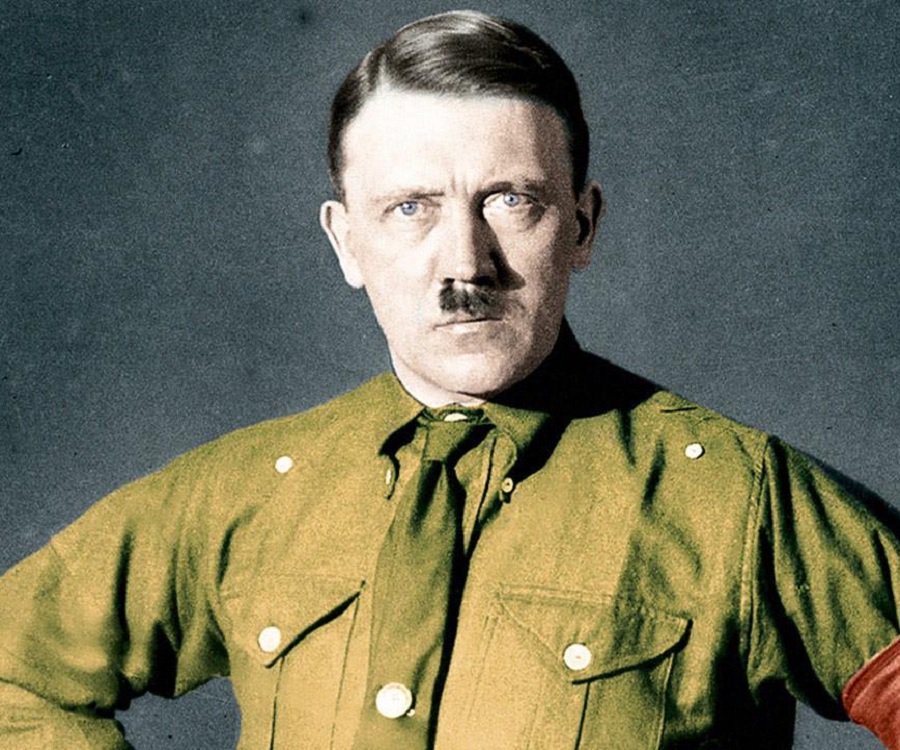Adolf Hitler Biography

‘Germany will either be a world power or will not be at all’, said the head of the Nazi Party and the Supreme Commander of the Armed Forces, Adolf Hitler. He was the Chancellor of Germany during the Third Reich and the chief mastermind behind World War II. Known to the world as the indomitable ‘Fuhrer’, he was responsible for the mass and systematic extermination of millions of Jews and non-Aryans, whom he deemed unfit or inferior to the ideal ‘Aryan’ race. The founder of Nazism and a staunch anti-Semite, he made efforts to build a territorially larger and purer nation for German folk through his megalomaniac ways which prompted and also ended the World War, leading his country to abyss. He was also a prolific writer, artist and a militarist, known for his exceptional leadership talents and his effervescent nature. This German leader rose to prominence from the rank of a mere soldier owing to his exceptional oratory skills and went on to become one of the most feared despots of his time. His dream to establish ‘New Order’ in Germany was a culmination of his long and tyrannical, yet fascinating dictatorship. He transformed the face of the-then Weimar Republic into a single-party autocracy, based on the dictatorial ideology of a total ‘Nazi German’ hegemony. Hitler’s early years with the Nazi Party and his aggressive foreign policies were considered one of the main factors for the outbreak of World War II, which ultimately led to his downfall and a mass destruction around Central and Eastern Europe.Adolf Hitler was born in Braunau am Inn, Austria, to Alois Hitler and Klara Polzl. He was the fourth of the six children born to the couple and was only 3-years-old when the family moved from Austria to Germany.
He was a very bright child and was very popular at school, but often clashed with his father over his interest in fine arts. This led to Hitler’s detachment from his family and he became a reclusive, discontented, resentful child, with an unstable temperament towards his father.
He was deeply attached to his lenient, hard-working mother, whose battle against cancer and consequent demise in December 1908 was a shattering blow to his already upset life.
It is believed that young Hitler showed an early interest in German nationalism, condemning the authority of Austro-Hungary. This nationalism would later play a major role in Hitler’s policy formations.